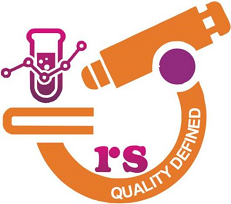Phone : +918147282686
ECG CHECKUP CENTRE IN YELAHANKA
Whether you’re seeking a diagnosis, monitoring an existing condition, or simply aiming to maintain optimal well-being, blood tests play a pivotal role in your healthcare journey. Blood tests offer a window into your internal health that wouldn’t otherwise be accessible. By analyzing a small sample of your blood, healthcare professionals can uncover a wealth of information about your body’s composition, organ function, nutrient levels, and potential health risks. These tests aid in early detection of diseases, allow for timely interventions, and provide a basis for informed medical decisions.
Regular ECGs are recommended for individuals with risk factors such as family history of heart disease, high blood pressure, diabetes, and advanced age. Even if you’re not at high risk, understanding your heart’s rhythm through periodic ECGs can provide peace of mind and an early warning system for potential heart issues.
Stay tuned as we dive deeper into the specifics of different ECG patterns, how they relate to various heart conditions, and how you can actively participate in maintaining a healthy heart rhythm. Our goal is to equip you with knowledge that empowers you to prioritize your cardiovascular well-being.
Continue exploring to learn more about the significance of different ECG waveforms, tips for preparing for an ECG, and answers to common questions about this essential cardiac test. Your journey to understanding and nurturing your heart health starts here.
Tag
TMT TESTS IN YELAHANKAECG CHECKUP CENTRE IN YELAHANKALIPID PROFILE TESTS IN YELAHANKABLOOD COUNT TEST IN YELAHANKAEnquiry
Get in touch
R S DIAGNOSTIC CENTRE.All Rights Reserved © 2026








